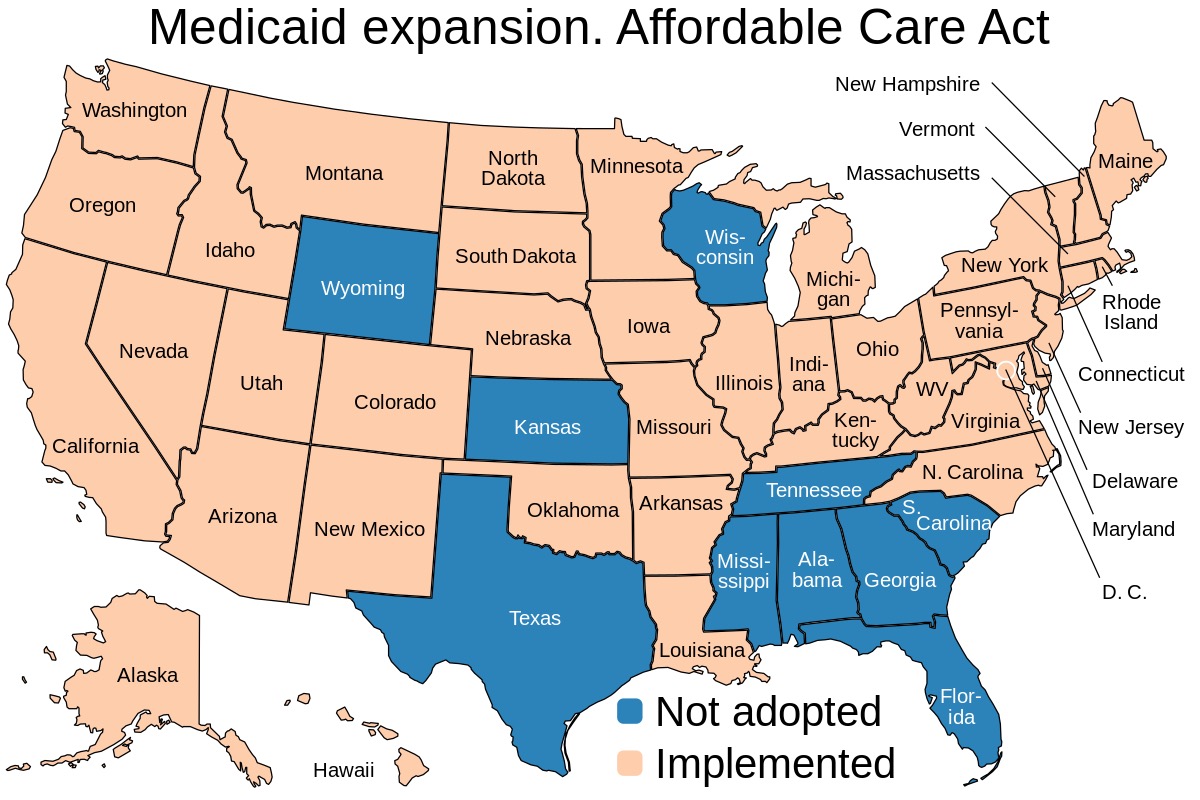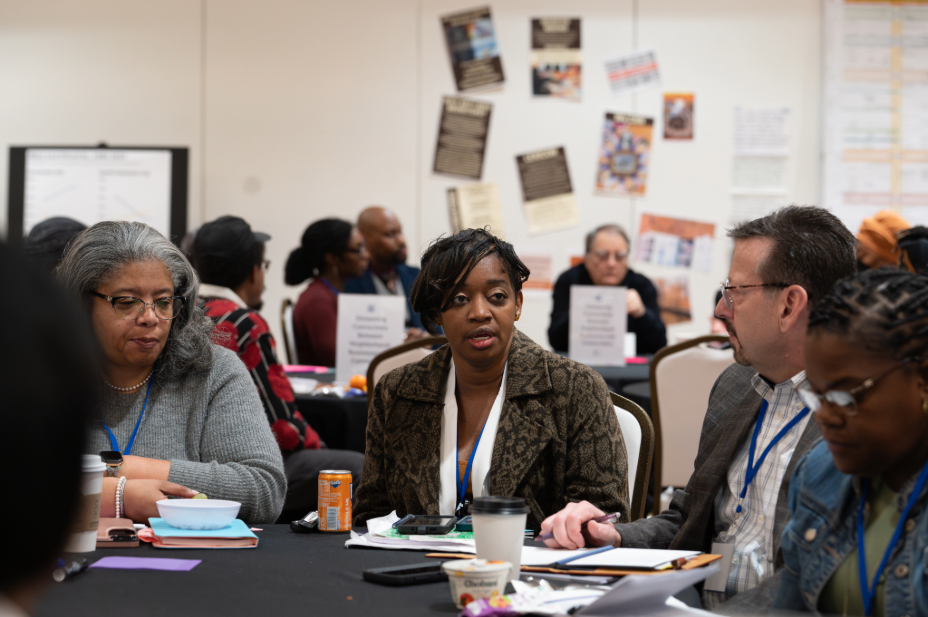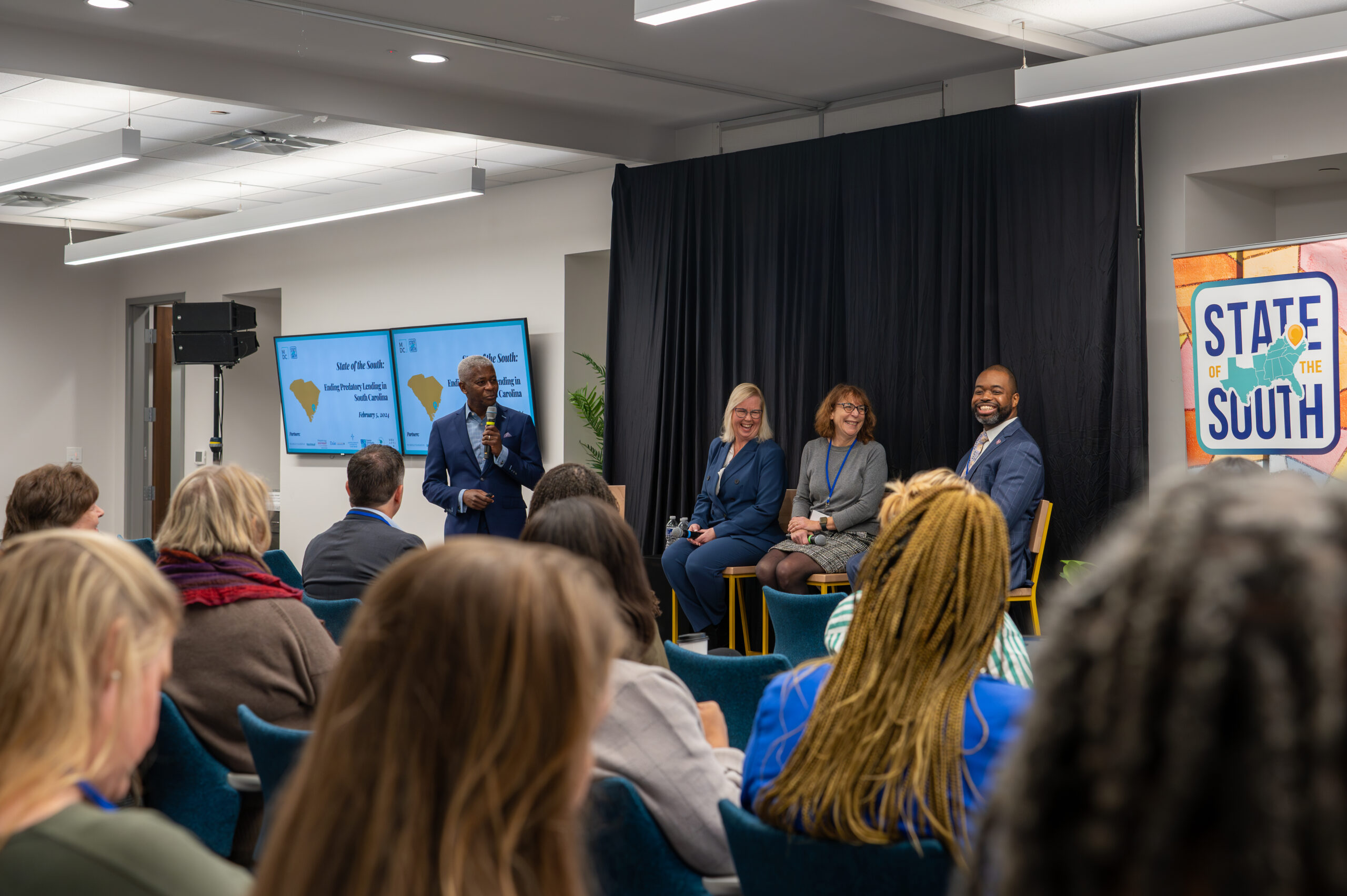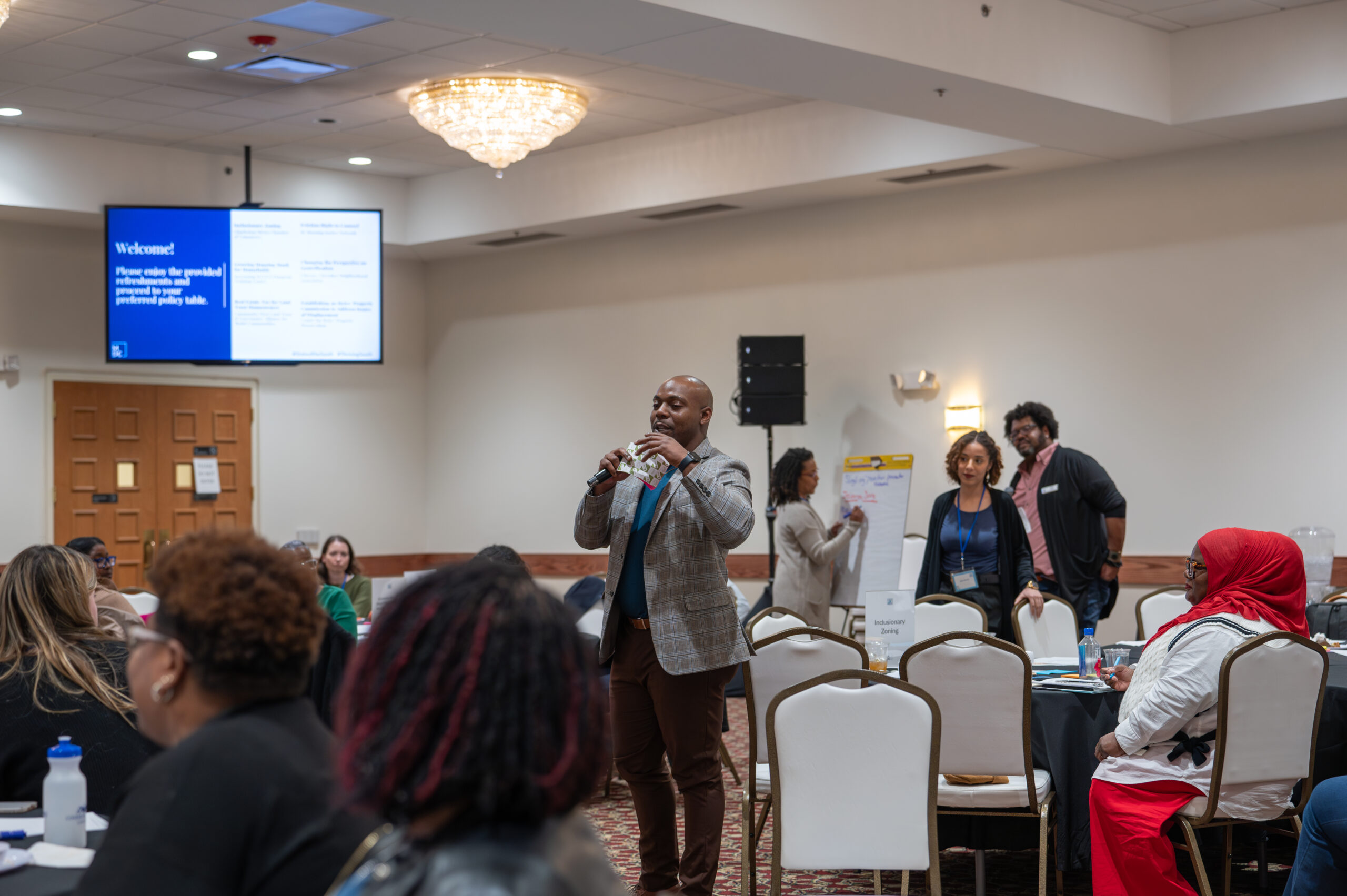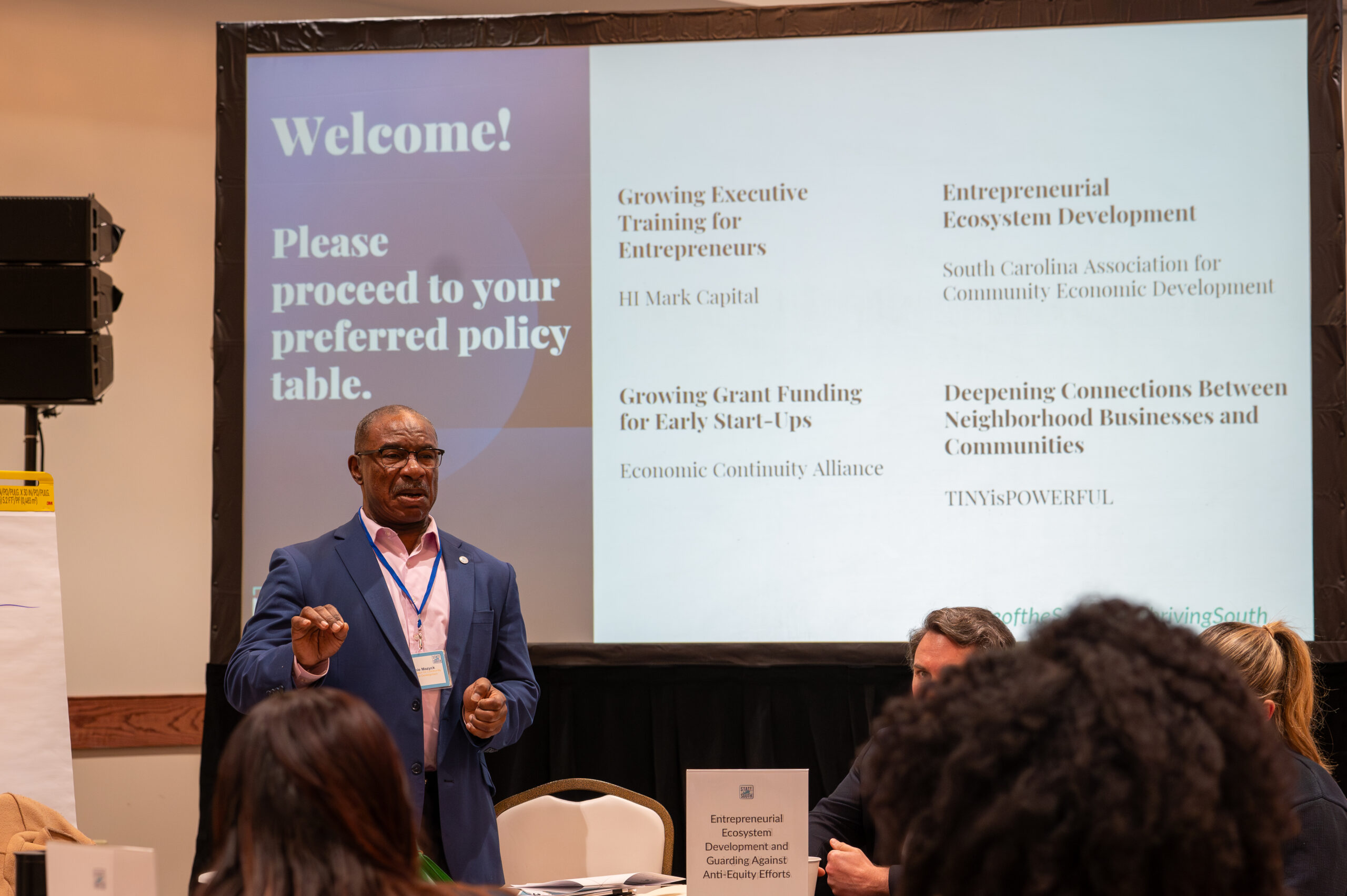State of the South 2022-2023: True South
Apr 28, 2022
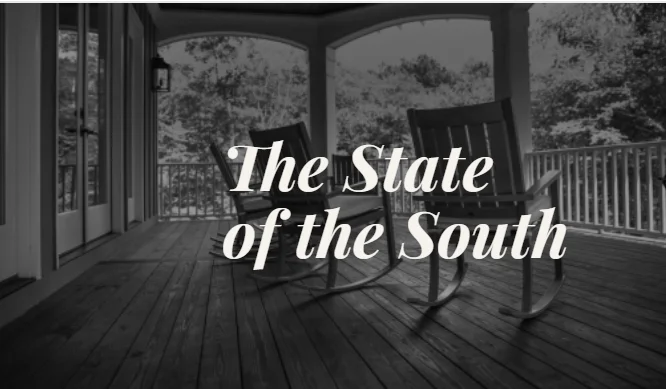
“America is false to the past, false to the present, and solemnly binds herself to be false to the future.”—Frederick Douglass, “What to the slave is the Fourth of July?”, 1852
Frederick Douglass’ haunting condemnation is a challenge to the South and the entire nation. In 1852, Douglass called on the country to acknowledge the racist falsehoods that undergirded the economic system of slavery upon which prosperity—for some—was built. The Civil War, Reconstruction, and the Civil Rights movement thrust some truth forward, but a pandemic, protests against police brutality, and extreme economic distress have revealed the depth of systemic racism and the falsehoods in the story we tell about ourselves.
For 25 years, MDC’s State of the South reports have shown the importance of creating a South that is unflinchingly true to the past, courageously true to the present, and unfailingly bound to a future in which all Southerners thrive. By some measures, the vision of an inclusive and thriving South is elusive, with persistent disparities in education, employment, health, and wealth, perpetuated by systemic inequities that extract resources for the economic and political power of some, but not all. But as persistent is the region’s influence on civil rights and culture. A South that is true to its past and present will have future implications beyond regional boundaries.
When you witness the history of scholarship and storytelling, the art and advocacy that championed justice in the South, you can see its reflection in the present messengers and movement builders across the nation. This year’s State of the South will investigate these assumptions and themes:
- The Southern experience transcends binaries and demographic boxes of race, ethnicity, gender, sexual orientation, language, age, ability, and religion.
- Prosperity for a broad array of Southerners is threatened by political leaders who fight against federal and state resources and policies that could spur collective growth and threaten community resilience in the face of economic and environmental devastation
- The well-worn bootstrapping tale of economic mobility is not supported by data or lived experience. Improving economic conditions for Southerners will not be achieved by making racist systems more welcoming of individual non-white people—it will be achieved by restructuring educational and economic systems so they work for everyone.
- If our economic and educational systems are to work for everyone, they need to work for women. That means recognizing the economic contributions women make and the burdens they bear and responding with the infrastructure necessary to compensate those contributions and remove those burdens.
- Restructuring systems requires more than inclusion, and inclusion is more than representation—restructuring requires changing the rules that determine representation and power structures. And while restructuring may feel daunting, the bigger the rupture, the bolder the policy solution can be. The current moment requires radical imagination, as well as doing what we already know works.
State of the South has been, and always will be, a key to achieving MDC’s mission of equipping Southern institutions and communities to advance equity and improve economic mobility; it is a tool MDC uses to move from thought to action.
MDC’s 2022-2023 State of the South series, True South, will weave together community conversations, artistic expression, online content, and a series of reports to explore how—and if—Southerners are reckoning with this moment of economic, social, and environmental upheaval. We will dive deep into topics like health equity, educational equity, and debt and wealth accrual. We will highlight the work of MDC partners and friends who are meeting the unique challenges of this moment, considering community strengths and systemic failures, examining barriers built into systems, and finding ways to acknowledge and remove them.
Our aim is not to define a True South, but to capture a bigger picture of the region than is typically depicted in our country’s dominant narratives. True South will include voices from all over the geographic, social, and power map and will incorporate different ways of knowing and exploring themes—not just policy and practice, but also through art and personal narrative. In this revamped series, we will strive to be honest, brave, and vulnerable as we reckon with our past to improve our present and create a better and truer South in the future. We invite you to come along with us.
Our first True South gathering will be this summer in Durham, North Carolina. We are delighted to partner with South Arts and The Social Science Research Institute (SSRI) at Duke University for a series of upcoming events throughout 2022 and 2023. Stay tuned on all MDC platforms for more details and registration information. We can’t wait to connect, engage and explore with you this summer!
South Arts: Headquartered in Atlanta, Georgia, South Arts is a nonprofit regional arts organization empowering artists, organizations, and communities, and increasing access to arts and culture.
SSRI: The Social Science Research Institute at Duke University addresses and informs problems that cross the various social and behavioral sciences, including problems that connect with the humanities and natural sciences, to support knowledge development and learning that can inform societal improvement.
The Kresge Foundation: True South is made possible by the generous support of The Kresge Foundation. The Kresge Foundation was founded in 1924 to promote human progress. Today, Kresge fulfills that mission by building and strengthening pathways to opportunity for low-income people in America’s cities, seeking to dismantle structural and systemic barriers to equality and justice. Using a full array of grant, loan, and other investment tools, Kresge invests more than $160 million annually to foster economic and social change. For more information visit kresge.org.




